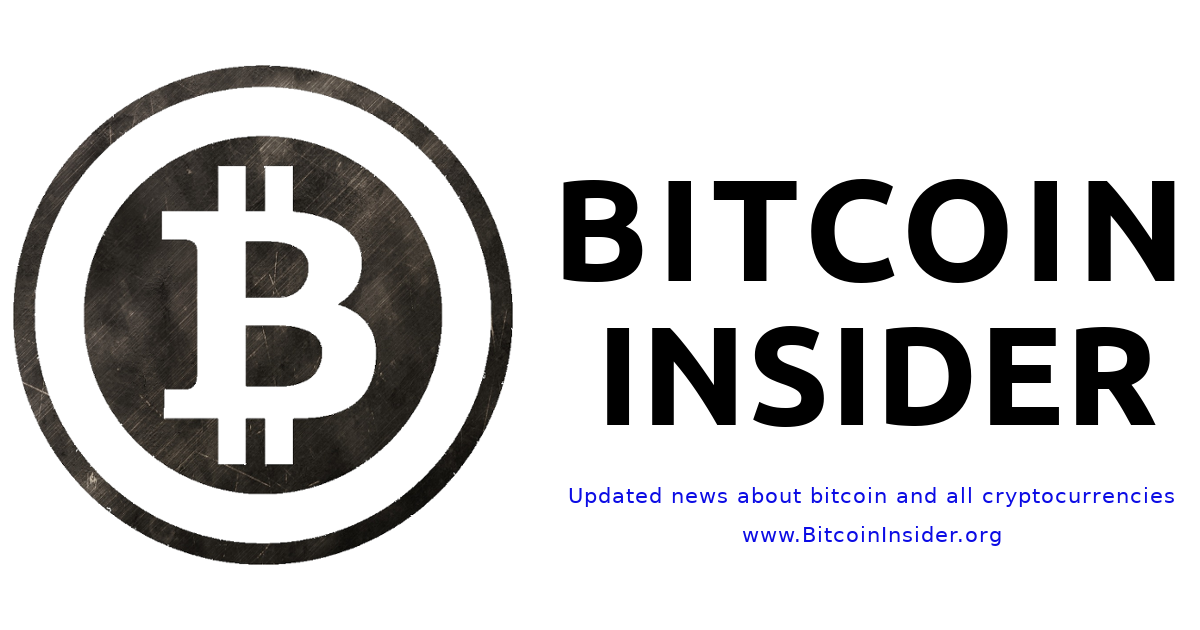South Korea Advances Towards Approving Bitcoin ETFs in 2025

South Korean financial regulators are poised to implement a significant overhaul of their digital asset landscape, with plans to introduce spot Bitcoin and other cryptocurrency Exchange Traded Funds (ETFs) by the second half of 2025. This proactive move is detailed in a comprehensive roadmap submitted by the Financial Services Commission (FSC) to the Presidential Committee on State Affairs Planning. The initiative aligns with President Lee Jae-myung’s broader vision of integrating cryptocurrencies into the nation’s mainstream financial system.
The FSC’s roadmap emphasizes the establishment of clear, robust regulatory frameworks for these new financial products. Before any crypto ETF can be launched, explicit rules will be set regarding asset custody, operational trading platforms, and precise fund valuation methodologies. This strategic approach is designed to ensure stability and investor confidence in the nascent market. Once approved, likely in the latter half of 2025, retail investors will gain direct access to Bitcoin and other digital assets through conventional brokerage accounts, thereby reducing reliance on potentially riskier self-custody solutions.
In parallel with the introduction of crypto ETFs, regulators are also working towards the launch of a domestic stablecoin, pegged directly to the Korean won, by late 2025. This won-based digital token is intended to serve multiple strategic objectives: it aims to curtail capital flight and establish a homegrown digital payment option, fostering greater financial autonomy. The framework for this stablecoin will encompass stringent issuance rules, clear reserve requirements, and rigorous auditing standards, all designed to maintain high levels of trust and transparency among users.
Investor protection forms a critical pillar of these new proposals. The government is planning a stringent “one-strike” policy aimed at companies found engaging in market manipulation. Under this policy, executives implicated in such activities will be mandated to return any illicit gains, and public firms that violate these rules could face accelerated delisting from exchanges. Additionally, discussions are underway to implement stiffer penalties for unfair trading practices and to enforce stronger, more comprehensive disclosure rules for all crypto firms operating within the jurisdiction.
South Korea already boasts one of the world’s most active retail crypto markets, with local investors holding an estimated $76 billion in digital assets by the end of 2024. The introduction of regulated ETFs is expected to channel a significant portion of these holdings into more structured and supervised products, potentially mitigating extreme price volatility and attracting new capital from cautious institutional and retail buyers. Furthermore, the FSC is exploring the possibility of extending Korea Exchange trading hours from the current 6.5 hours to 12 hours daily, a move that could significantly enhance liquidity across all asset classes, including these new crypto products.
Despite the promising outlook, experts stress the paramount importance of meticulously finalizing the regulations. Key areas of focus include designing robust custody rules to protect against cyber threats and hacks, developing pricing methods that accurately reflect real-time market dynamics, and establishing rigorous audit standards to verify underlying asset holdings. This comprehensive roadmap signifies a transformative shift in South Korea’s approach to cryptocurrency, potentially positioning the country alongside major financial hubs like the US, Canada, and parts of Europe in offering spot-based crypto ETFs, and setting a precedent for other Asian markets.












